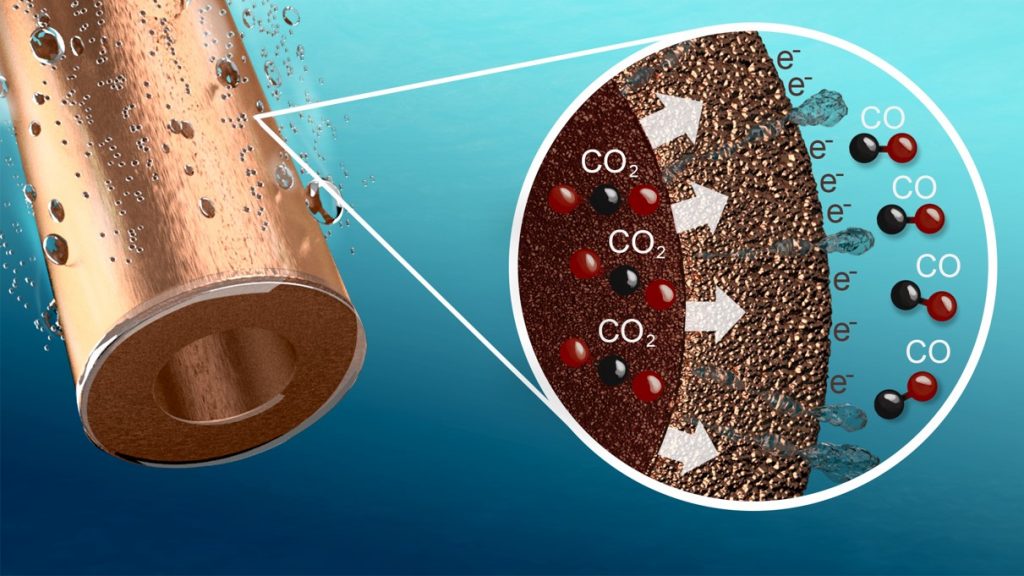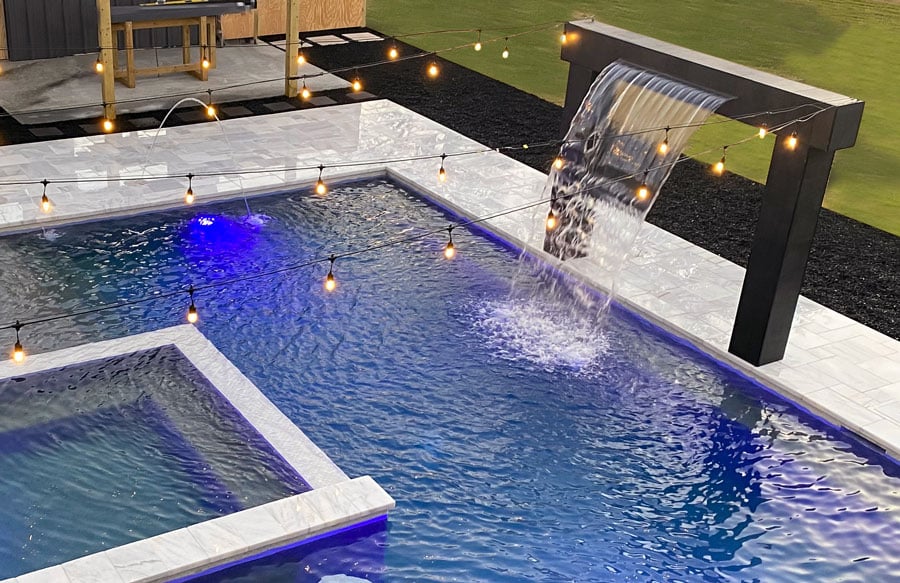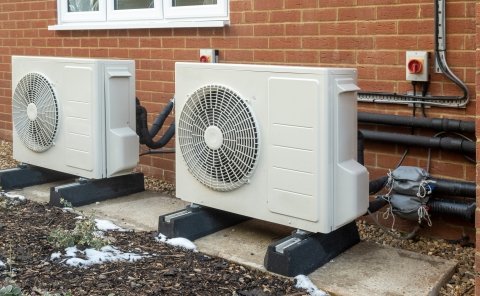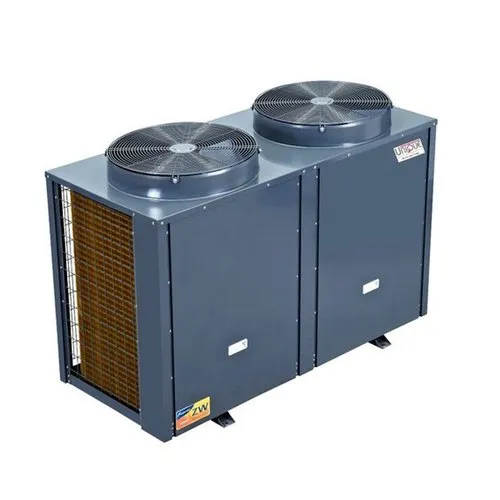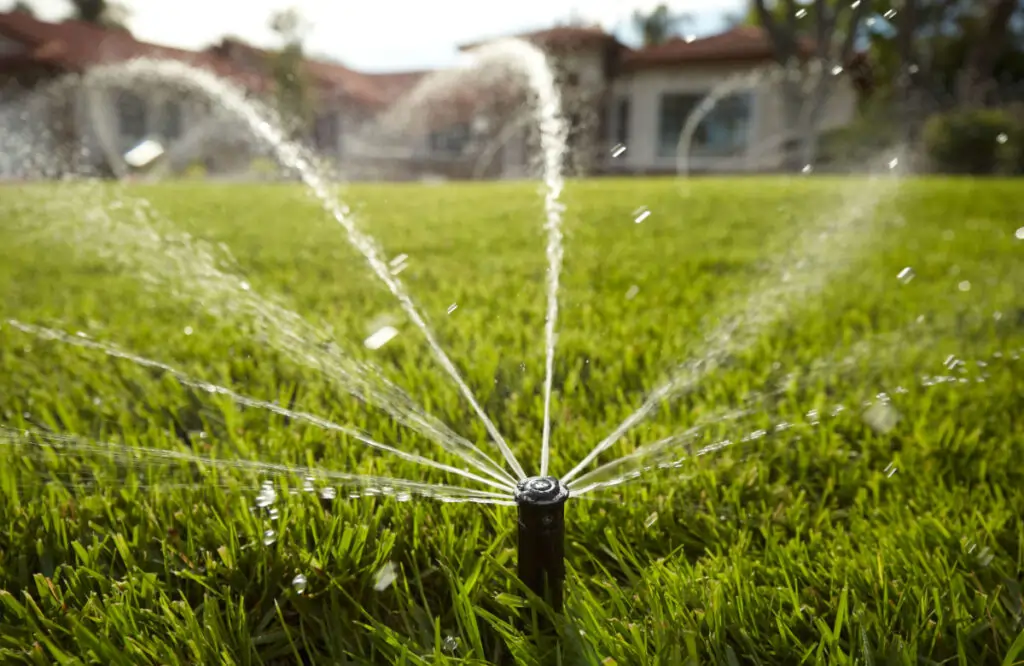









SERVICE WE PROVIDE
Swimming Pool
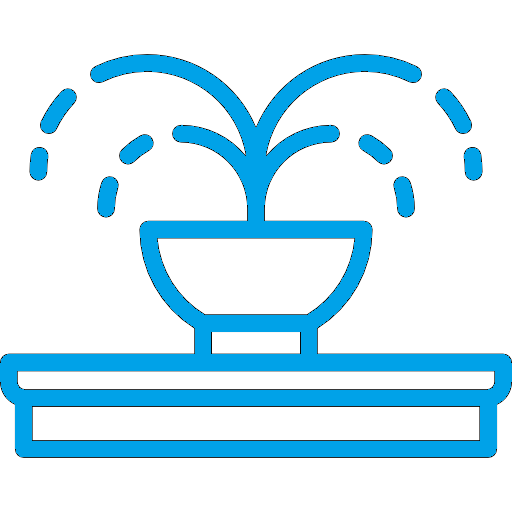
Waterfall, Waterbodies & Fountains

Jacuzzi
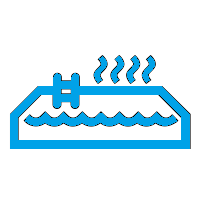
Heating and chilling system
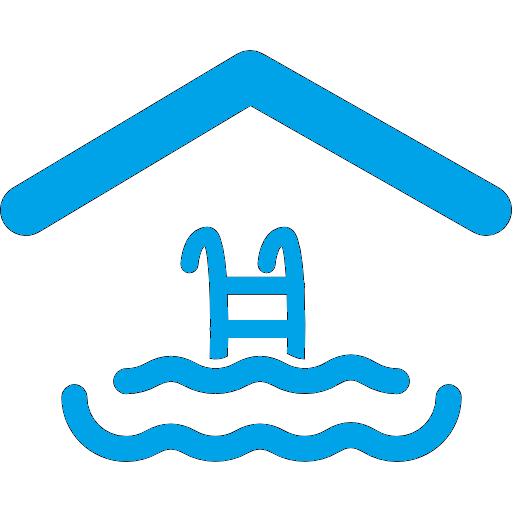
Aut. Pools Covers of Abriblue from France
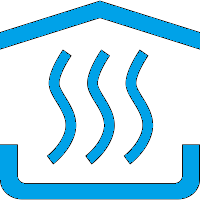
Sauna Steam
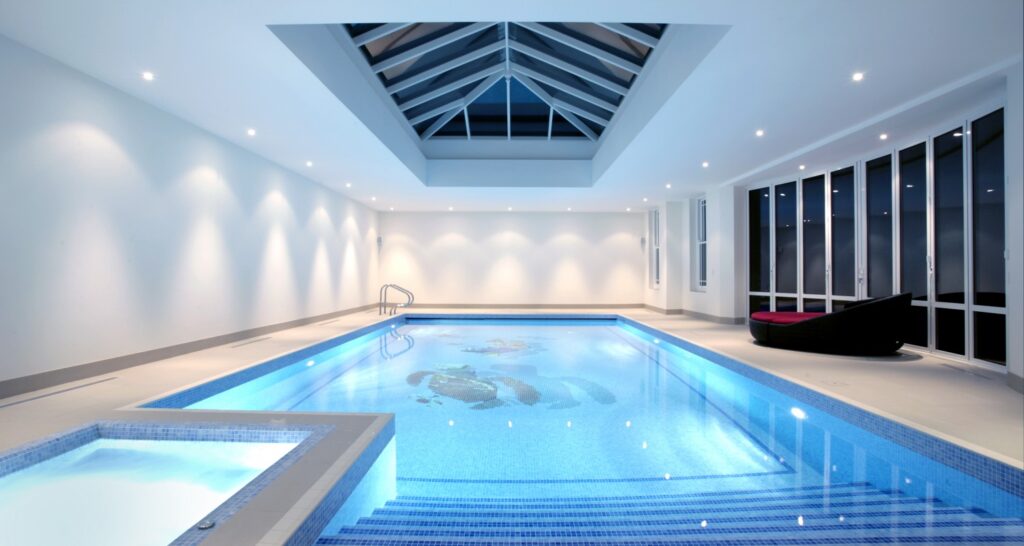
Welcome to UNS Global
Welcome to our manufacturer website, your one-stop destination for all your swimming pool needs. We specialize in providing top quality swimming pool equipments, swimming pool chemicals, tiles, accessories, pumps, filters, underwater lights, competition equipment, and more.
With a passion for excellence and a commitment to customer satisfaction, we take pride in offering a comprehensive range of products that cater to both residential and commercial swimming pool requirements. Our mission is to enhance your swimming pool experience by providing you with reliable, durable, and innovative solutions that meet the highest standards of quality and performance.
What We Offer

Pool Construction
Experience the art of pool construction as we transform your vision into a stunning reality, delivering impeccable craftsmanship and superior quality every step of the way.
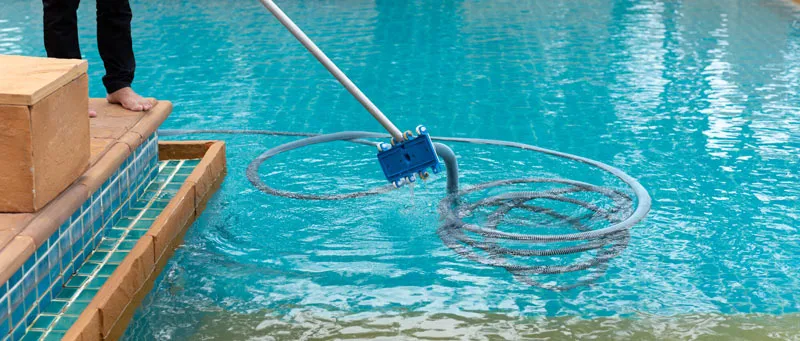
Pool Maintenance Service
Our professional pool maintenance service ensures that your pool remains pristine and inviting, providing regular cleaning, water balancing, equipment inspections, and troubleshooting.

Pool Renovation Service
Renovate your pool with our experts, where we breathe new life into tired and outdated pools, offering innovative design upgrades, structural enhancements, and modern features.
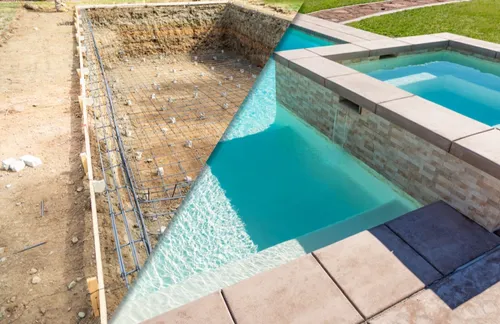
Pool Design Service
Unlock your imagination with our bespoke pool design service, where our team of experts collaborates with you to create a personalized oasis that reflects your style, luxurious materials etc.
Our Services
We are into business of building, remodeling and Maintenance of:
- Swimming pool on turnkey projects electro mechanical
- Waterfall, water bodies fountains
- Jacuzzi
- Swimming Pool heating chilling system
- Automatic pool covers of Abriblue from France
- Sauna Steam
- Landscape Irrigation
We are into supplies of Swimming pool Chemicals, Tiles, Accessories, Pumps, Filters, Under Water Light, Competition Equipment etc.


